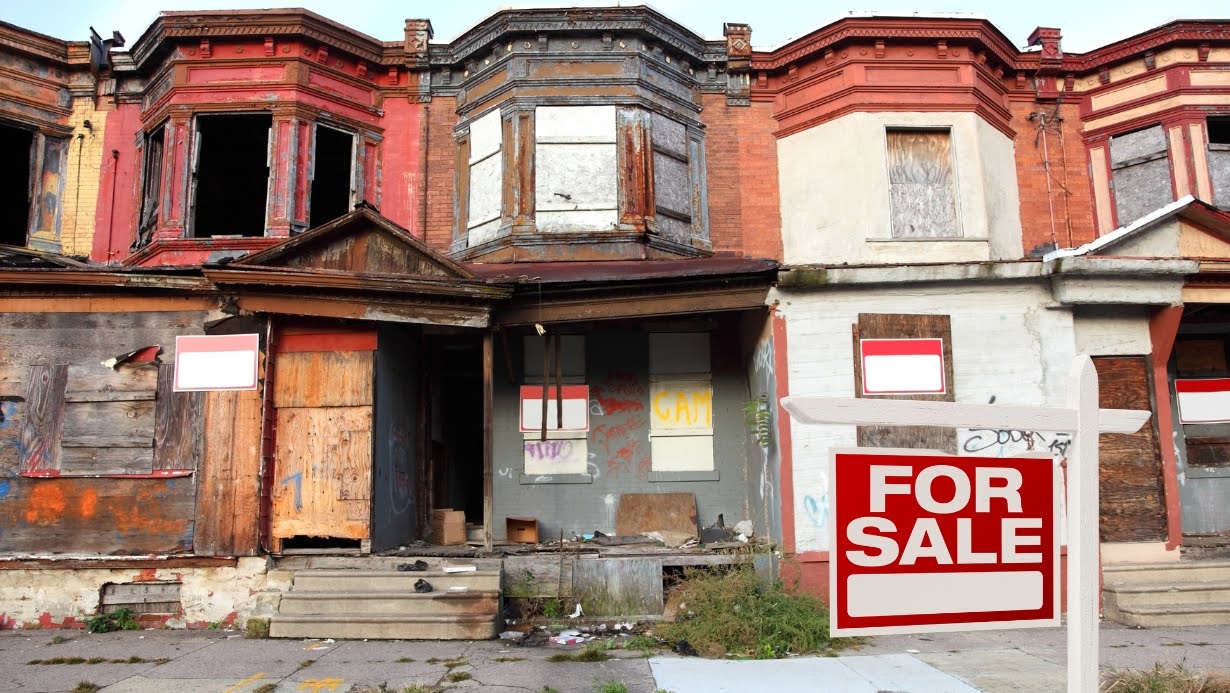Are you interested in purchasing investment property out of state or just find it more convenient to find and buy a property without all of the hassle? Or maybe you are looking to make a quick offer on a property in hopes to land it before someone else sees it and makes a better offer?
Buying real estate in the Chicagoland area can be a great opportunity for out-of-state investors. With the city’s diverse housing stock, strong rental demand, and solid long-term appreciation potential, Chicago offers plenty of investment possibilities. Actually, back in 2020, According to the National Association of Realtors, 1 in 20 buyers were purchasing their properties without seeing them first. These numbers started during the Pandemic, but with competitiveness and demand of property to buy outdoing the listings on the market, many are still willing to buy quicker to beat other buyers to the listing. It is important to understand that purchasing property sight unseen comes with its own set of risks—especially if you’re not familiar with the intricacies of the local market.
As an experienced property management company deeply rooted in Chicago, we’ve seen firsthand the challenges remote investors face. In this blog, we’ll highlight some of the most common pitfalls of buying property without being there in person and offer actionable tips on how to avoid these costly mistakes.

1. Misjudging the Neighborhood
Not all Chicago neighborhoods are created equal, and buying in the wrong area can dramatically impact your return on investment. While a property might look appealing on paper, the surrounding neighborhood plays a critical role in determining rental demand, tenant quality, and long-term appreciation. Crime rates, access to public transportation, and proximity to schools or shopping can make or break your investment.
Solution: Work with Local Experts
You or your team need to understand the nuances of each neighborhood, from the building areas in Bronzeville and Avondale to the more established luxury markets in Lincoln Park and Lakeview. We can provide you with detailed market reports, including crime stats, average rent prices, and historical appreciation trends, so you can make an informed decision.
Another great tip is to use Google Maps to walk the area! This allows you to go up and down the streets and visually get an idea of what surrounds your potential property purchase! Just keep in mind the difference between one side of the tracks or park to the other can be significant. For this reason we still always recommend talking to an expert first!

2. Overlooking Local Laws and Regulations
Chicago’s real estate laws are unique and can be tough to navigate for out-of-state investors. For example, Chicago has a strict Residential Landlord and Tenant Ordinance (RLTO) that outlines the rights and responsibilities of both landlords and tenants. Violations of the RLTO can result in significant fines, even for small infractions like failing to provide the correct security deposit receipts.
Solution: Understand Chicago-Specific Legal Requirements
Before you buy, it’s crucial to familiarize yourself with local regulations or work with someone who does. Make it a point to stay up-to-date on all Chicago real estate laws and ensure your property is in full compliance with the RLTO and any local zoning requirements. With that being said, a property management team can do everything from lease agreements to security deposit management, which helps clients avoid costly legal issues.

3. Skipping In-Person Inspections
You might have found a beautiful red brick 3 flat in a hot area of Pilsen that looks great on paper, but tells a new story in person. A property can look fantastic in online listings, but photos often don’t tell the whole story. Deferred maintenance, structural issues, or local weather damage (Chicago’s harsh winters can be tough on homes!) can easily go unnoticed if you rely solely on photos. Things like leaky windows, cracks or damage in the drywall, uneven or warped flooring, or a failing AC system or hot water heater might not be easily seen. Without a proper inspection, you could end up with a property that requires expensive repairs before it’s even move-in ready.
Solution: Walkthroughs and Trusted Inspections
Companies may offer walkthroughs by experienced agents and can even conduct live virtual tours for our out-of-state clients. Coordinate with trusted local inspectors who understand the types of issues specific to Chicago properties—like aging brickwork, outdated plumbing in older homes, or roofing that’s been damaged by winter storms. This ensures that you know exactly what you’re getting into before closing the deal. 
4. Misjudging the Property’s Rental Potential
Be sure to use our FREE RENTAL ANALYSIS calculator on our website and request to speak with one of our experts! Just because a property looks like a good deal doesn’t mean it will attract high-quality tenants or generate the kind of rent you’re hoping for. Location, property type, and local market demand all factor into a property’s rental success. For example, areas with high rental demand often include downtown neighborhoods like Wicker Park or Logan Square, while more suburban areas such as Frankfort or Orland Park can have lower turnover but fewer high-rent opportunities.
Solution: Use Data-Driven Market Analysis
You will want to conduct an in-depth market analysis to ensure your investment will meet your goals. We have a FREE ROI CALCULATOR you can use on our website as well. You will want to assess everything from average rent prices to vacancy rates in the property’s specific neighborhood, providing a realistic outlook on your rental income potential. Identifying high-demand areas where rental yields are strongest is also important but can again require expert guidance.

5. Failing to Account for Long-Term Management Needs
Investing in a property is only the first step. Managing it successfully from out of state can be challenging, especially when issues like tenant disputes, maintenance problems, or vacancies arise. For a detailed list of common issues view our blog Top Day-to-Day Tenant Complaints and How Property Managers Resolve Them: A Landlord’s Guide. Without local support, these challenges can quickly become overwhelming and expensive.
Solution: Partner with a Trusted Property Management Company
Even if we are not the right fit for you, or don’t manage in the area your property is located in, we are happy to help with expert guidance. We have trusted partners in the industry and are happy to give our professional recommendations. If you are looking for a new property and work with us we don’t just help you find the right property—we also take the stress out of managing it. We handle everything from tenant screening to rent collection, maintenance coordination, and legal compliance, so you can rest easy knowing your investment is in good hands. Our clients often tell us that having a reliable local property management team is what makes out-of-state investing feasible and profitable. There are a lot of fly by night makeshift property managers and companies out there so it is so important to do your research and find the right fit for you! Read those Google, Yelp, Facebook, and Social Media reviews, they matter!

6. Underestimating the Costs of Owning Property in Chicago
Chicago is known for its relatively high property taxes, which can significantly impact your bottom line if not accounted for in your financial planning. Additionally, properties in Chicago often come with higher insurance premiums due to weather risks. Overlooking these expenses can turn what looks like a great deal into a less attractive investment.
Solution: Perform a Thorough Financial Breakdown
Before purchasing, it’s critical to understand the full cost of owning a property in Chicago. You will need to look at a complete breakdown of expected costs, including property taxes, insurance, utilities, and potential maintenance expenses. Be sure to project your rental income so you can ensure the property will meet your financial goals. Again, check out the free calculators that we have listed above and on our website to get started!
Conclusion: Buy Smart with Landmark’s Expertise
Buying property sight unseen in Chicago doesn’t have to be a risky gamble. If you follow the steps above and or work with a local property management company, you can navigate the hidden pitfalls, protect your investment, and maximize your returns. We’re here to guide you every step of the way—from finding the right property to managing it successfully—so you can invest in the Chicagoland market with confidence.
Thinking about purchasing a property in Chicago? Contact Landmark Property Management today to learn how we can help you make the right choice and avoid costly mistakes.







